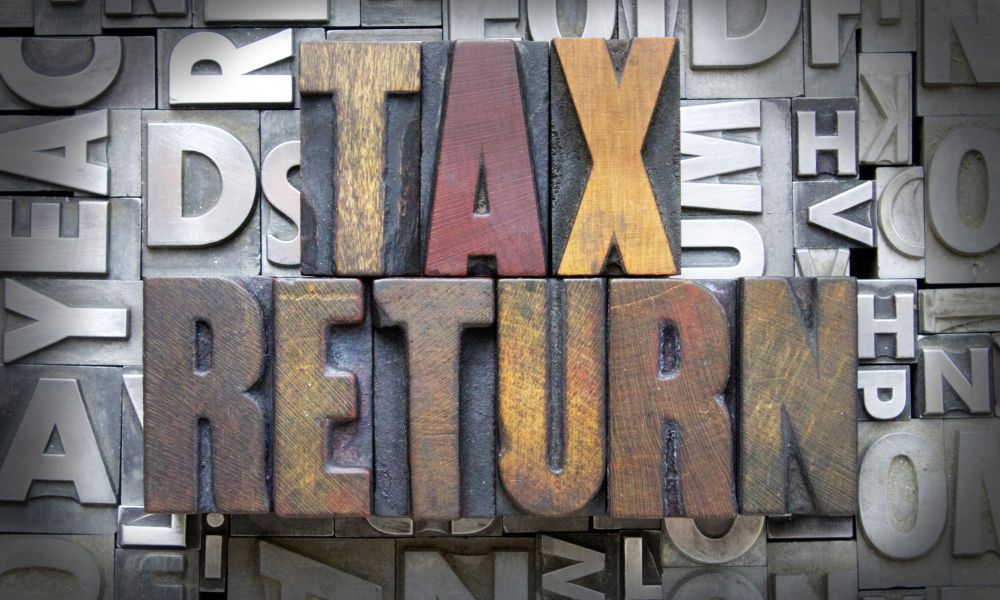You’ve established yourself as a freelance contractor; you’ve networked, you’ve set up your home office, and you’ve completed your first contract with a new client. Now it’s time for the best bit – receiving your first cheque.
Don’t get too attached to that number, though. You need to make sure you factor in the tax you owe, now that your tax isn’t being collected on a pay-as-you-earn basis. When you’re starting out as a freelancer, it’s really important that you get your head around the realities of your tax situation in order to ensure that you don’t incur the penalties associated with paying the wrong amount of tax.
Read on to find out the kind of things that are worth considering when it comes to tax and the modern freelancer.
Consider: Registering with HMRC
Anyone who sets up as a freelancer or as self-employed has to register for business tax with HMRC. This will allow you to provide your business information and set up records for self-assessment and National Insurance on behalf of your business. Failure to do this will result in financial penalties.
You also need to arrange to pay Class 2 National Insurance contributions as soon as you start freelance work. If your profits rise above £7,956, you will be required to pay Class 4 National Insurance contributions.
Consider: Your business situation
Are you a sole trader? Are you registered as a Limited Company? Or are you self-employed? Each status has an impact on the way you pay tax and how much. For example, if you are registered as a limited company, a preference for freelancers, then you will be subject to Corporation Tax and will have to provide a Company Tax Return at the end of your company’s accounting period.
If you are self-employed or a sole trader, then you must fill out self-assessment tax returns and submit them by 31st October and ensure you pay any tax you owe by the annual tax deadline of 31st January.
Consider: Keeping financial records
It’s vital that you keep detailed records of your financial activity as a freelancer. It’s good practice in general, but it is essential for tax purposes. There are no hard and fast rules on the format in which your records can be kept – you can do it either on paper or electronically.
If you’re not naturally organized, then it’ll pay to become so because maintaining records is one of the most important things you can do.
The types of details you need to record include profit and loss information, bank statements, orders, expenses, and relevant communication. The list is extensive, so start as you mean to go on and keep a record of all of your business’ incomings and outgoings to help stay on top of your tax obligations.
Consider: Working with an accountant
Some of us are more comfortable with numbers than others, which is why hiring an accountant to help you with your tax obligation is a personal choice. If you’re not comfortable with the numerous regulations of freelancer tax, then working with an accountant could help translate some of the more obscure rules into a language you understand and help to save you money.
If you do choose to appoint an accountant, try to source recommendations from fellow freelancers.
Tax can be a daunting subject to broach when you are starting out as a freelancer, but burying your head in the sand is never a good option. Stay organized, keep on top of your records, and if you’re unsure about anything, ask the people in the know!
Do you have any tips on keeping abreast of your tax situation? Let us know in the comments below.
Wednesday 19th November sees the sixth annual National Freelancers Day; a day designed to put freelancing in the spotlight and to discuss the significant contribution independent professionals make toward the UK economy.
To celebrate a day just for freelancers, Kingsbridge is running a special competition on Twitter to show some love to freelancers across the UK.
Entering our competition is simple. All you need to do is Tweet us directly at @KingsbridgeProf and finish this sentence, “I love freelancing because…” using the hashtag #NFD2014.
From the best answers, we’ll pick five runners-up, who’ll each win £20 in Amazon vouchers, and the winner will be the proud recipient of a brand new iPad mini 2.
Winners will be announced on Twitter on Friday 21st November. So get thinking, get creative, and send us your best efforts to be in with a chance of winning!
